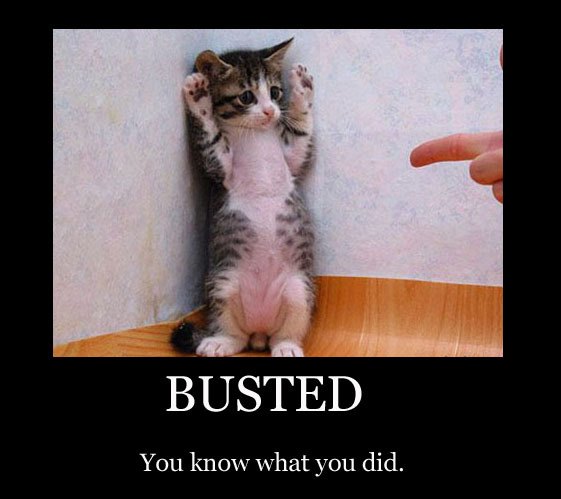Business Week Slams GMFactsandFiction.com

Is TTAC’s influence spreading like butter on toast? David Welch of Business Week seems terribly underwhelmed by GM’s “Facts and Fiction” website. He believes that, in theory, it’s a good idea. In practice, he gives GM a right, royal kicking. “But the site itself is mostly unconvincing.” he writes, “In one entry, GM scoffs at the notion that the company ‘still doesn’t make cars that people want to buy’. As proof, GM cites that sales for cars like the Chevy Cobalt are up 10% this year. Malibu sales are up 32%. Yawn. Most of the company’s new vehicles have won praise from the motoring press. Why not refer to a good review in, say, Car and Driver?” Ouch! But wait, there’s more! He then questions GM’s version of events, ass-kicking style. In the “GM didn’t anticipate the shift towards fuel efficient vehicles” section, he points out that while the Saturn Aura and Chevrolet Malibu are good cars, they came to market AFTER the fuel jumps. “When GM got in trouble in 2005, it spent extra money to rush its large SUV’s to market, not its cars.” Even Toyota get an honourable mention, “And the company didn’t make a push to get advanced hybrids to showrooms until it had lost the technology image game to Toyota. That’s reaction, not anticipating.” His pièce de résistance: GM’s so-called evidence to support their claims. “There are five of them (websites and blogs) and all come from the company’s PR staff.” It’ll be interesting to see Bob Lutz’s reaction to all of this. “Business Week? It’s a crock of shit!”

More by Cammy Corrigan


































Comments
Join the conversation
GM has every right to aggressively defend itself on that site, regardless of who authors its content. After all, what is GM "guilty" of? Of not having an absurd 2000 lb. Smart-car deathtrap to sell? Of not having an expensive hybrid to sell? Of not filling its lots with silly Fit-sized econo-junkboxes? Who cares? GM couldn't have predicted high gas prices. But now that gas is pricier than Evian, GM has taken many proactive steps to be state of the art...and they've done it in only a few years. Its body-on-frame SUVs have been vanquished. Its crossover is king. The Malibu is beating Accord in customer reviews. The Cobalt isn't quite the equal of Civic, but at least you can find one to buy! And if you think GM is biased towards trucks, remember that GM does offer a more compact truck alternative: the Colorado. But no one's buying it. Is that GM's fault?? But that's what it's all about. Giving the customer a quality car at a good price. No dealer markups. No "limited supply." No arrogance. GM is good.
golden2husky, Ford, Mercedes and Volvo were all pushing safety before government regulations were in effect. And the death rate per 100 million vehicle miles driven had been falling since the 1920s. As I said, part of that was better roads (elimination of dangerous curves, wider lanes, etc.) and traffic control (traffic signals at intersections), but one can only conclude that during this time, cars were becoming safer, too.
I don't disagree that safety progress was being made prior to being mandated, but I believe that a good chunk of that came from the natural progression toward better materials and improved design. A good example would be tires and suspension design. Ford tried to sell safety (remember the egg drop on the dash?) Ford's conclusion was that safety does not sell. Volvo did make it sell, but the total numbers Volvo moved would have been a bad week in Detroit's heyday. Bottom line in my opinion is that by pushing safety regulations, car safety improved much faster than it would have otherwise. When the higher standards were not required on trucks, they did not get them. When standards were relaxed on the 5 mph bumpers to a lower 2.5 mph, Chrysler, Honda, GM and others jumped right in.